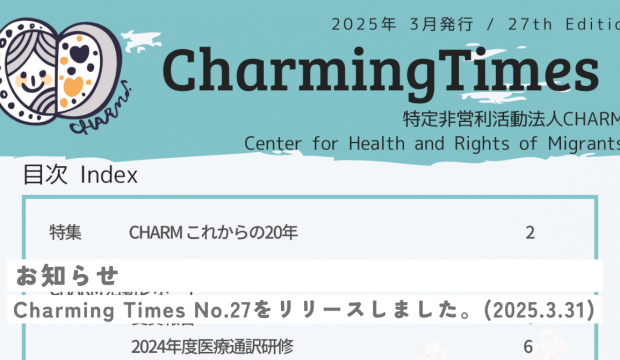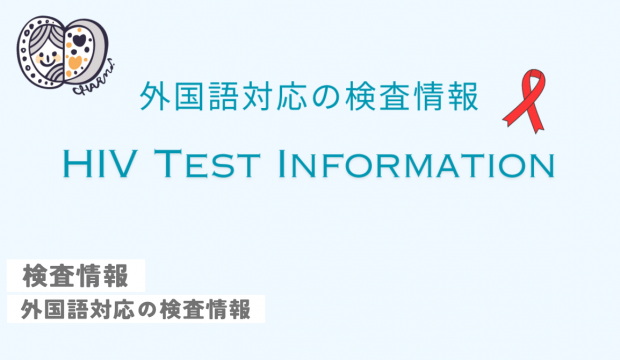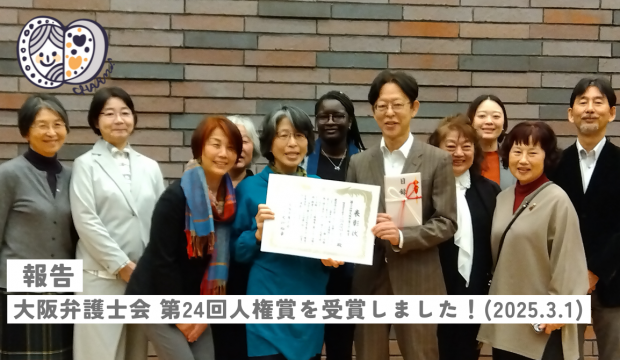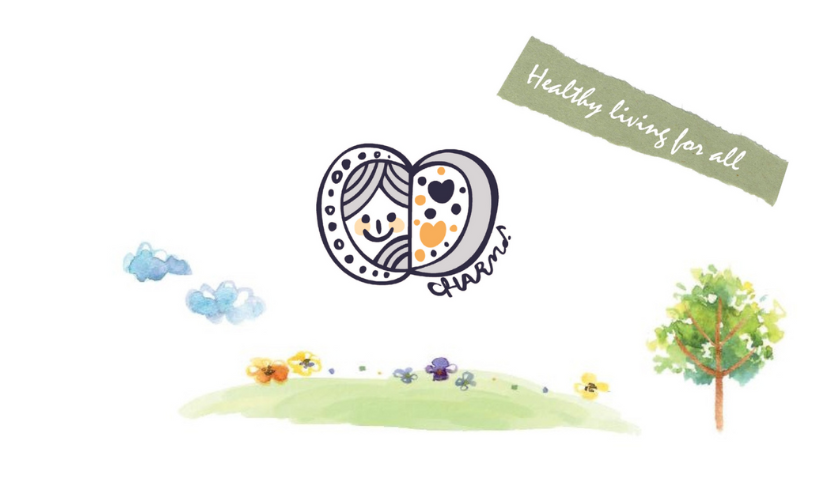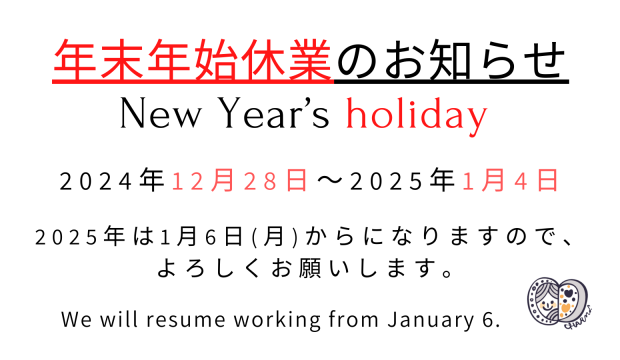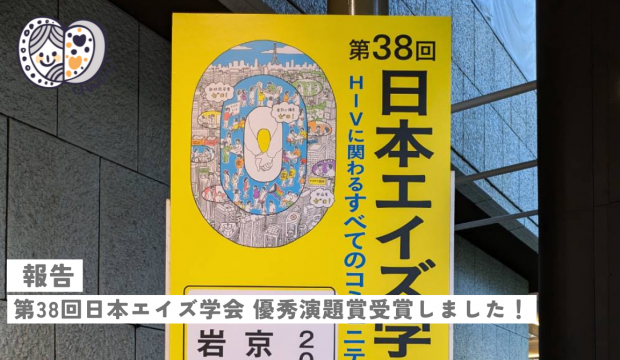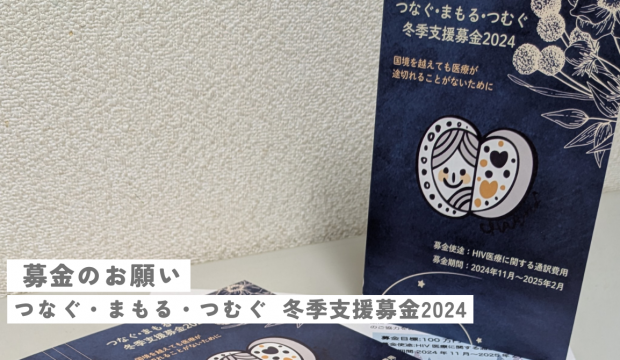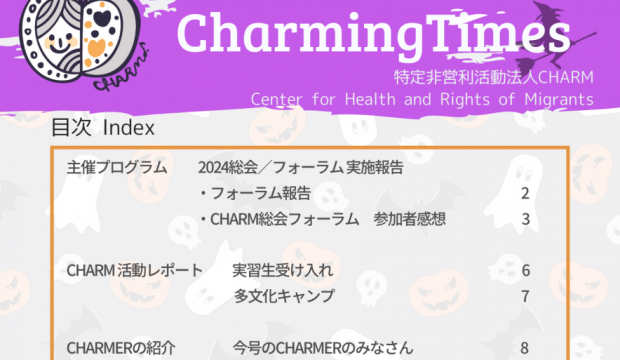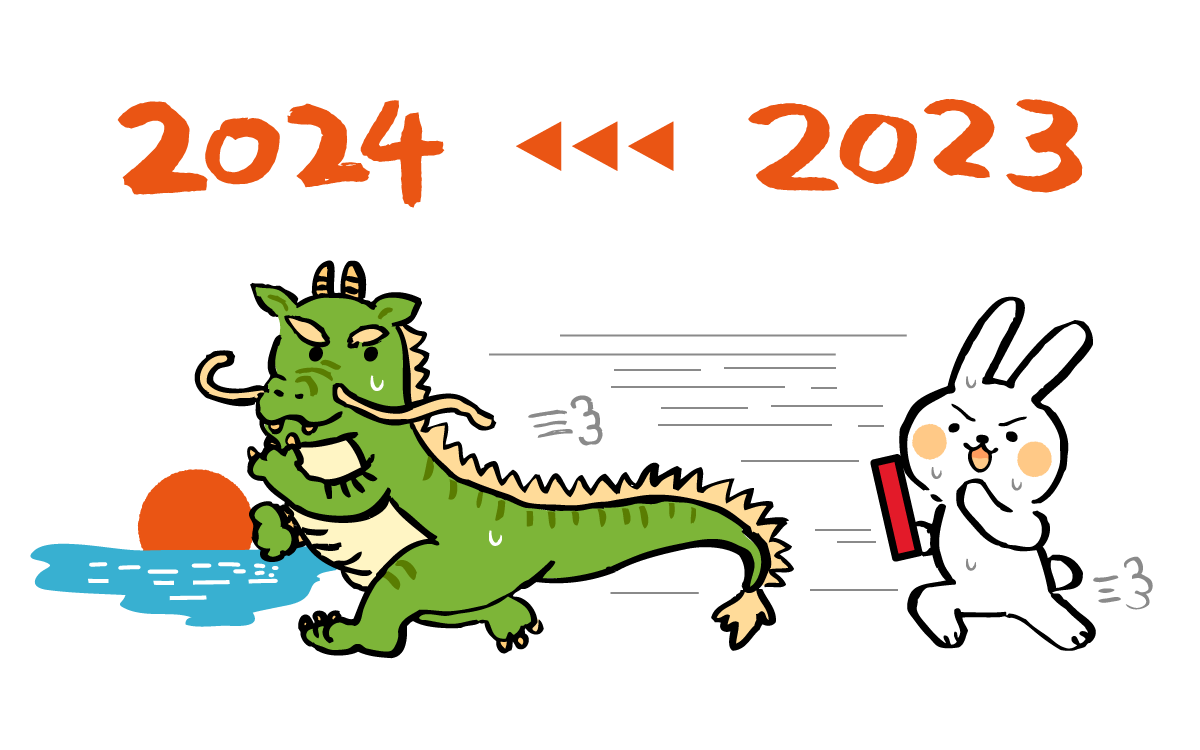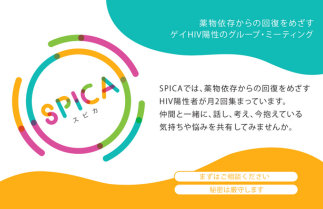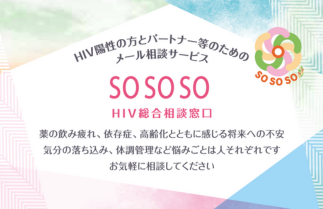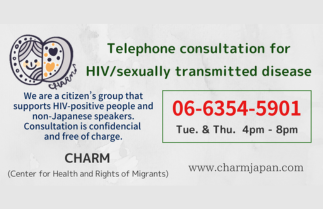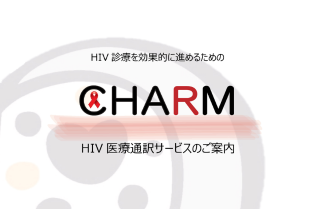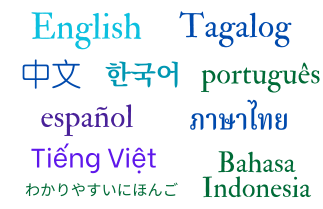AIDS CONFERENCE
This year, as the end of November approached, my thoughts extended beyond the anticipation of Thanksgiving. Instead, my focus was on International AIDS Day on December 1st and the chance to attend the 38th AIDS Conference in Tokyo. This gathering was an opportunity to reflect deeply on the global fight against HIV/AIDS and to learn from experts and advocates working toward equitable healthcare solutions.
The week began with a dynamic Designathon workshop at the University of Tokyo, led by Dr. Chunyan Li. The energy and creativity of the participants were contagious, and one of the most inspiring moments was Rena’s presentation on the Tangerine Clinic in Bangkok. This clinic is run predominantly by transgender healthcare professionals. The clinic offers comprehensive care tailored to the needs of the transgender community. Their work reminded me how essential representation and trust are in building effective and inclusive healthcare systems.
Throughout the conference, I was struck by the innovative approaches shared by different countries. For example, Taiwan has implemented policies to reduce barriers to HIV testing and treatment, such as offering same-day antiretroviral therapy (ART) initiation and self-testing kits to increase accessibility. These strategies were in accordance with the WHO guidelines and they showed extraordinary results.
A profound message from the conference was the need to move from equality to equity in healthcare. Dr. Annette’s words especially resonated: “Simple things in everyday life, like transportation, can become the highest healthcare barriers.” This insight reinforced the importance of addressing the unique needs of different communities to achieve truly accessible healthcare.
While Thanksgiving traditionally calls us to express gratitude, this year, I found myself thankful for the chance to attend the AIDS conference. It was a privilege to engage with health leaders, advocates, and innovators who are tirelessly working to turn the vision of health equity into reality. Their work inspires me to carry these lessons into my own advocacy for health access for all.


